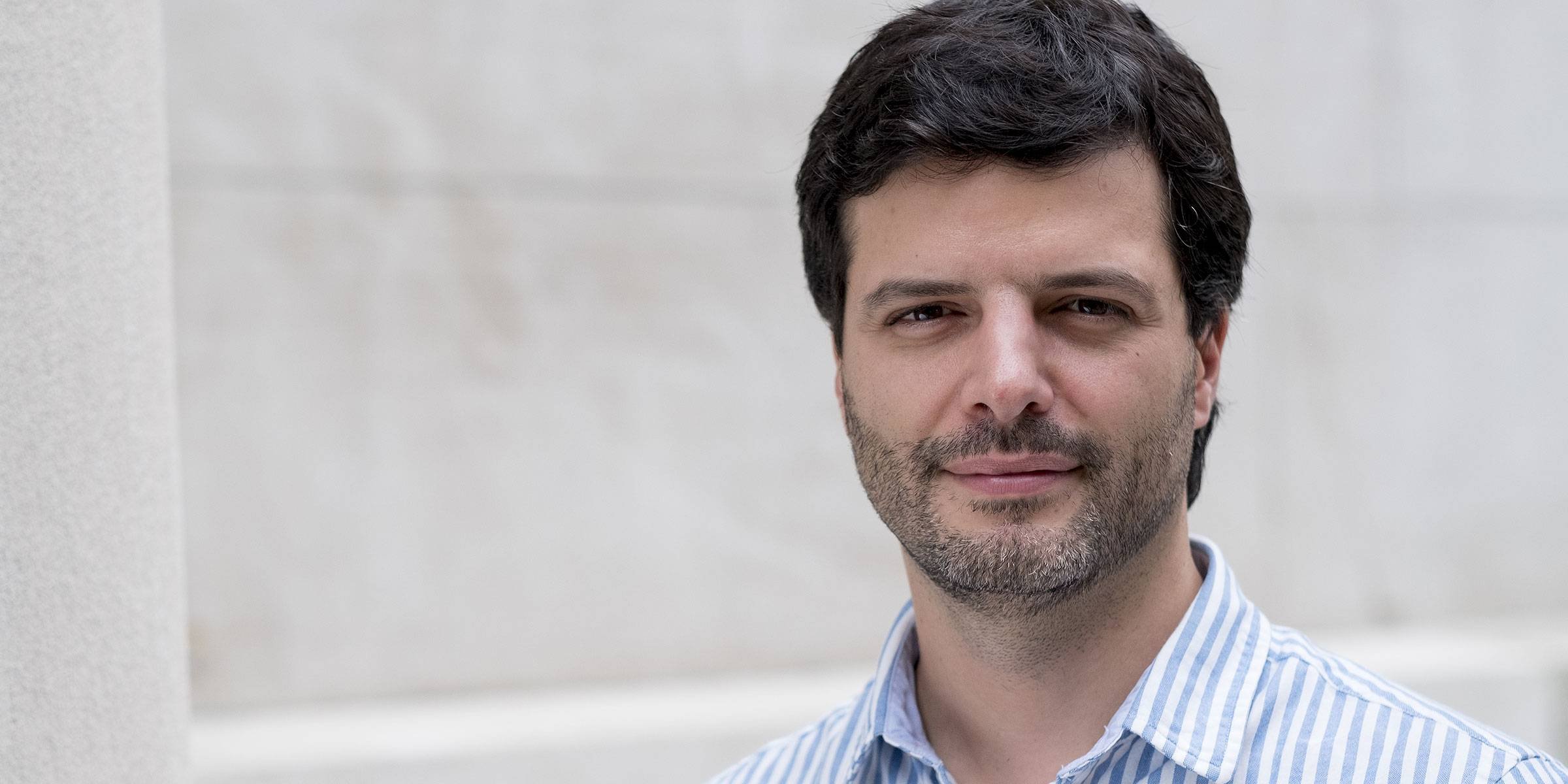Synapse remodeling is essential to brain development, learning, and to maintain healthy brain function. Synapses are impacted in many diseases including autism spectrum disorders (ASD), epilepsy, and schizophrenia. Brain development depends on the dynamic interactions of multiple cell types, including neurons, astrocytes, and microglia, the immune cells of the brain. Our long term goal is to define how the non-neuronal elements of the brain- particularly immune and glial cells - impact brain development and function. We use transcriptomics, mouse genetics, and high resolution imaging to achieve these goals.
Where & When
Zoom Webinar
Tuesday, March 26, 2024, 1:00 to 2:00 PM PT
About the Speaker
Dr. Anna Molofsky is a molecular neuroscientist and adult psychiatrist. Her group studies the connections between the immune system and the brain, including during brain development, learning, and in pathologies. The Molofsky lab has identified novel mechanisms through which brain resident immune cells (microglia) regulate the function of synapses, as well as other immune cell types, including lymphocytes that impact brain development, brain function, and behavior. Dr. Molofsky has received several awards including an NIH New Innovator award, a Pew Biomedical Scholar award, and the Friedman Prize from the Brain and Behavior Research Foundation.


































